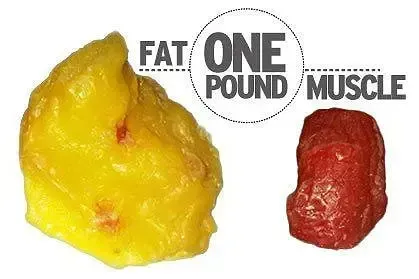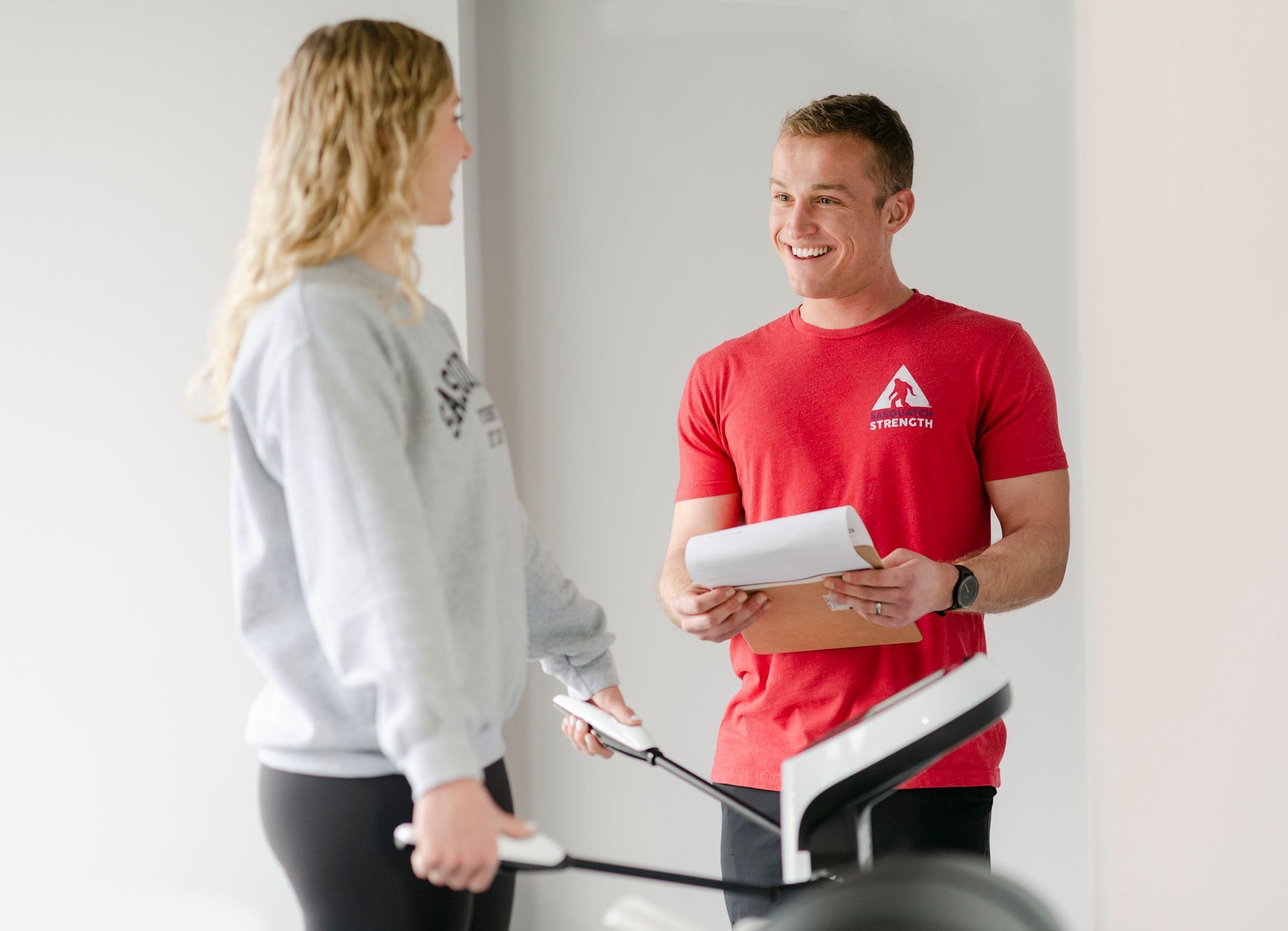

The Importance of Rest in Your Fitness Routine
It is a common misconception that you need to do hard strenuous workouts every day in order to make progress towards your fitness goals.
Why does this misconception exist? Here’s five reasons that play into that misconception.
5 Things that promote the misconception you need to work out strenuously every single day:
- Fitness Industry Promotion: The fitness industry, including gyms, trainers, and even some fitness influencers, often promote the idea that daily workouts are essential. They may emphasize daily exercise to encourage more gym memberships, personal training sessions, or sales of workout programs and equipment. If someone (besides your doctor) is telling you need to do intense exercise every day, they’re probably trying to sell you something.
- Misinterpretation of Intensity: People often equate daily exercise with higher intensity or more effort, believing that working out more frequently will lead to faster results. In reality, not taking time to recover leads to working out at a much lower intensity and slower or no results. Intensity is how much effort you put into a workout. If you’re not giving yourself time to recover your body is staying fatigued and you’re probably moving slower and using lighter weights than if you were recovered. Hitting a workout with as much effort as you’re capable of (speed, weight, skill etc.) and then making sure to recover so you can do the same thing next time will lead to faster results than working out with very little intensity every day.
- Lack of Understanding of Recovery: Most people are not aware of the importance of rest and recovery in the fitness equation. They believe that continuous exercise is the only way to achieve their goals, without recognizing the significance of allowing the body to repair and adapt.
- Influence of Popular Culture: Movies, TV shows, and media often depict fitness enthusiasts and athletes training intensely every day to achieve their goals. These portrayals can create unrealistic expectations and perpetuate the idea that daily workouts are necessary.
- Fear of Losing Progress: Some people fear that taking a day off from exercise will lead to a loss of progress. They may worry about gaining weight or losing muscle if they don't work out every day. This fear can drive the belief that daily exercise is a must.
Daily strenuous exercise is not necessary, and in many cases, it can be detrimental to progress and overall health.
Quality Over Quantity. The quality of your workouts is more important than the quantity. Doing fewer workouts but making sure you get the intended stimulus out of every single one will get you more progress than working out every day but going too slow or too light.
A small caveat here: you still need to work out on a regular basis to make progress. Only doing one workout a week is not going to be enough. However, every other day or two or three days on and then a rest day or something like that is sufficient. If you’re hitting 3-4 workouts a week and doing them at the intended intensity, you will make progress.
Recovery is Essential. As mentioned earlier, recovery is crucial for muscle repair, adaptation, and injury prevention. Exercise causes stress on the body, that stress is what causes the body to develop new muscle tissue and cardio and respiratory strength. If the body is not given a chance to recover and heal the stress from exercise, it can’t do those things. If it can’t do those things you will not see progress in the gym.
In summary, the belief that daily exercise is necessary for progress is a misconception. Rest and recovery are integral parts of any effective fitness program. A well-balanced approach that includes rest days, good nutrition, and allows the body to recover is essential for long-term progress, injury prevention, and overall well-being.
Yes, doing some sort of physical activity every day is good for your body, but it neither needs to be nor should be high intensity all the time. Taking a walk qualifies as physical activity. Gardening qualifies as physical activity. Chasing your kids around to get shoes on their feet can qualify as physical activity. A balance of high intensity workouts and recovery is what will get you the best fitness results.












